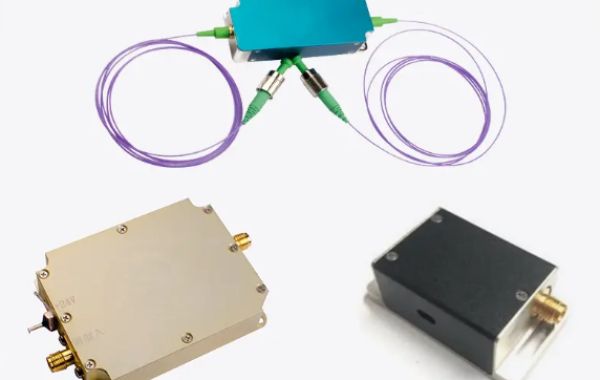Erectile dysfunction (ED) is a common condition affecting millions of men worldwide, significantly impacting quality of life and emotional well-being. With advancements in medical science, various medications have been developed to treat this condition effectively, offering new hope to those affected. These treatments range from oral medications to injections, and even hormone replacement therapy (HRT). For individuals seeking erectile dysfunction refills with HRT in Wyoming, there are numerous options tailored to meet specific needs. This article delves into the mechanisms, types, and efficacy of erectile dysfunction medications, providing comprehensive insights into how they can improve sexual health.
The Mechanism of Erectile Dysfunction Medications
Erectile dysfunction medications primarily work by enhancing the effects of nitric oxide, a natural chemical the body produces that relaxes muscles in the penis. This relaxation increases blood flow, allowing an erection in response to sexual stimulation. Understanding the biochemical pathway is crucial for comprehending how these medications work.
Nitric Oxide and Cyclic GMP Pathway
When sexually stimulated, the nerves in the penis release nitric oxide (NO). Nitric oxide activates the enzyme guanylate cyclase, which results in increased levels of cyclic guanosine monophosphate (cGMP). The cGMP causes the smooth muscle cells in the penile arteries to relax, leading to increased blood flow into the penis. This blood fills two chambers inside the penis called the corpora cavernosa, leading to an erection.
Types of Erectile Dysfunction Medications
Several medications are available for treating erectile dysfunction, each with unique properties and mechanisms of action. The most common types include phosphodiesterase type 5 inhibitors, alprostadil, and testosterone replacement therapy.
Phosphodiesterase Type 5 (PDE5) Inhibitors
PDE5 inhibitors are the most commonly prescribed ED medications. They work by blocking the enzyme phosphodiesterase type 5, which breaks down cGMP. By inhibiting this enzyme, PDE5 inhibitors ensure that cGMP levels remain elevated, facilitating prolonged smooth muscle relaxation and blood flow.
Common PDE5 Inhibitors
- Sildenafil (Viagra)
Onset: 30-60 minutes
Duration: 4-5 hours - Tadalafil (Cialis)
Onset: 30 minutes
Duration: up to 36 hours - Vardenafil (Levitra)
Onset: 30-60 minutes
Duration: 4-5 hours - Avanafil (Stendra)
Onset: 15-30 minutes
Duration: 6-12 hours
Alprostadil
Alprostadil is another effective treatment for ED. It can be administered as an injection directly into the penis (intracavernosal injection) or as a suppository inserted into the urethra (intraurethral). Alprostadil works by directly relaxing the smooth muscle tissue and dilating the cavernosal arteries, promoting increased blood flow.
Administration Methods
- Intracavernosal Injection: Involves injecting alprostadil directly into the corpora cavernosa.
- Intraurethral Suppository: Involves placing a tiny suppository containing alprostadil into the urethra.
Testosterone Replacement Therapy (TRT)
For men whose erectile dysfunction is due to low levels of testosterone, testosterone replacement therapy (TRT) may be recommended. TRT can help restore erectile function by addressing the underlying hormonal imbalance. It is available in various forms, including injections, patches, gels, and tablets.
Efficacy and Side Effects
While erectile dysfunction medications are generally effective, their efficacy can vary based on individual factors such as the underlying cause of ED, overall health, and other medications being taken.
Effectiveness
- PDE5 Inhibitors: Effective for about 70-80% of men with ED.
- Alprostadil: Effective for 85% of men who do not respond to oral medications.
- TRT: Effective for men with hypogonadism (low testosterone levels).
Common Side Effects
- PDE5 Inhibitors: Headache, flushing, nasal congestion, indigestion, and visual disturbances.
- Alprostadil: Penile pain, urethral bleeding, and priapism (prolonged erection).
- TRT: Acne, breast enlargement, increased red blood cell count, and potential cardiovascular risks.
Conclusion
Erectile dysfunction medications have revolutionized the treatment of ED, offering hope and improved quality of life for many men. Understanding how these medications work, their types, and potential side effects is essential for making informed decisions about ED treatment. Always consult with a healthcare provider to determine the most suitable option based on individual health needs and medical history.








